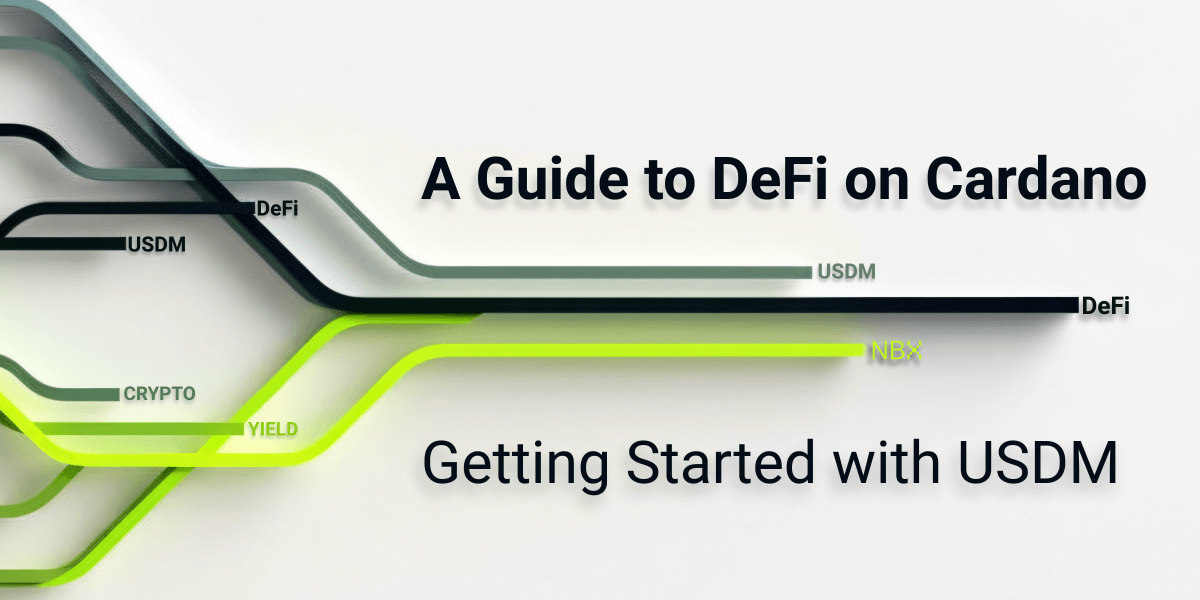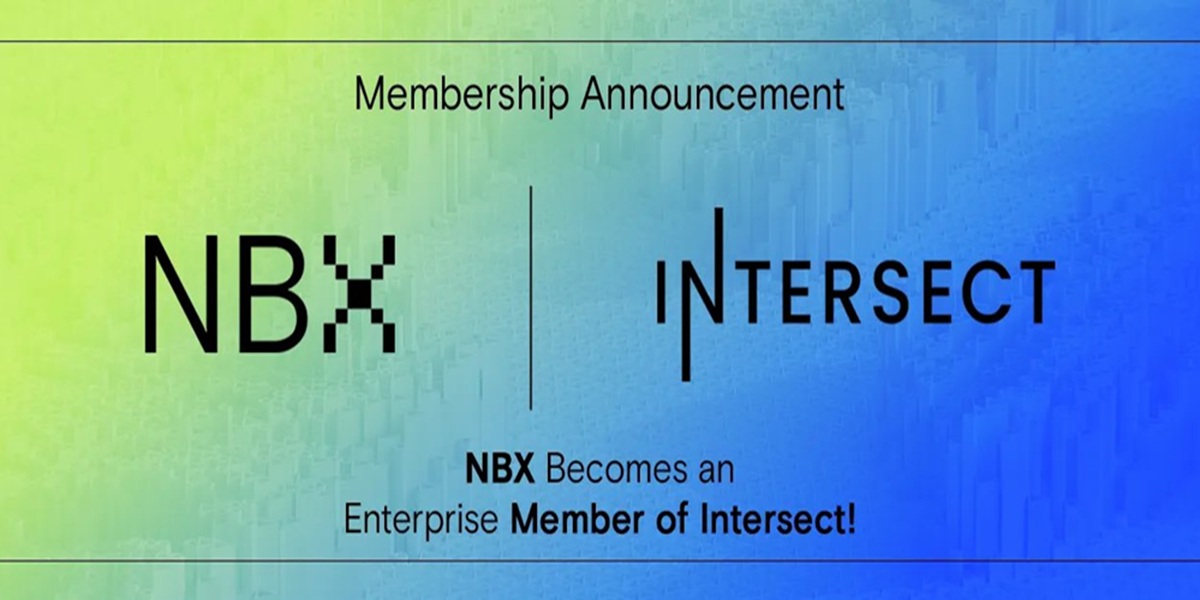Because proof-of-work, according to various opinions, isn't a perfect method of achieving consensus on a blockchain network, other methods exist which are usually termed "alternative consensus mechanisms." Chief amongst these mechanisms is the "proof-of-stake" consensus, which aims to further decentralize the process of running a cryptocurrency network.
Proof-of-Stake (PoS) consensus is an alternative method of achieving agreement on which transactions on a cryptocurrency network are legitimate and should be added to its blockchain.
Instead of basing who gets to build blocks on who has the most computing power, PoS consensus allows anyone who owns more than a certain amount of a network's coins to earn the role. As previously mentioned, one example of this in practice is the plan for Ethereum to shift from being dependent on miners to allowing anyone with 32 Ether or more to validate blocks.
As mentioned above, the Proof-of-Stake (PoS) process allows anyone who owns more than a certain amount of coins to validate blocks. Typically, the code of the network involved chooses its validators randomly, one by one (on a block-by-block basis).
Like a miner, a PoS validator has to prove that transactions should be grouped together into a block. Unlike a miner, they don't need to solve any sort of complicated math problem to do so. Instead, they propose a block after they confirm that the transactions in it can be made. Next, the validator signs the block using their wallet's public key , allowing it to be added to its corresponding blockchain.
In return for doing so, the validator receives all the transaction fees associated with the block involved.
As mentioned above, if a validator (staker) does anything that threatens the network's legitimacy or security, then they lose its status. If they can't stake, then they can't earn a consistent stream of transaction fees either, which is their primary revenue stream. Consequently, validators act honestly for fear of losing their ability to share in their network's profits.
Proof-of-Stake networks allow just about anyone to earn transaction fees while keeping a blockchain network running. Furthermore, these validators don't typically have to buy any specialized hardware to do what they do, eliminating the high electricity costs that come with mining on proof-of-work networks.
Finally, a Proof-of-Stake network can theoretically be more decentralized than a proof-of-work network, provided that everyone has an equal opportunity to buy and stake its coins when it initially launches. Even after a network launches, anyone can delegate their coins to someone who's already staking and earn a share of their rewards (transaction fees).
The first Proof-of-Stake (PoS) networks tended to favor the richest users above all, because the right to validate blocks and earn transaction fees was directly based on the amount of coins owned. Today, most proof-of-stake networks have attempted to mitigate this risk through strategies like breaking each validation period into "epochs," which means that each eligible user can only be chosen as a validator once until a certain number of blocks have been verified. Even so, the richest users usually always have the highest probability of validating blocks.
In addition to the above, Proof-of-Stake networks have often been criticized as being less secure than proof-of-work networks since someone could theoretically "own" the network through owning 51% or more of its coins. Generally, most PoS networks keep this from happening by barring anyone who acts against the network's "best interests" from staking at all. Anyone who tried to buy up and stake more than 50% of the network's coins would have their staking status revoked before they succeeded.
Generally, to become a validator, you'll need to leave the required number of coins(like 32 Ether) or more in a wallet that's always connected to that cryptocurrency's blockchain. In the beginning, this had to be a hot wallet, which meant that your funds were always more at risk of being stolen by hackers than if you stored them in a cold-storage wallet like a Trezor or Ledger.
Today, however, staking can be done in these cold-storage wallets, which give you ownership of your funds at all times since they're like secure USB sticks that only you have the passwords to.
If you're interested in learning more about the different types of cryptocurrency wallets, visit our dedicated article on them here!
Finally, keep in mind that several different types of "proof-of-stake" networks exist and this has only been a basic primer to proof-of-stake consensus. If you're interested in diving deeper, stay tuned for more articles here in the Knowledge Base that expand upon this topic.
The article does not constitute financial advice.


